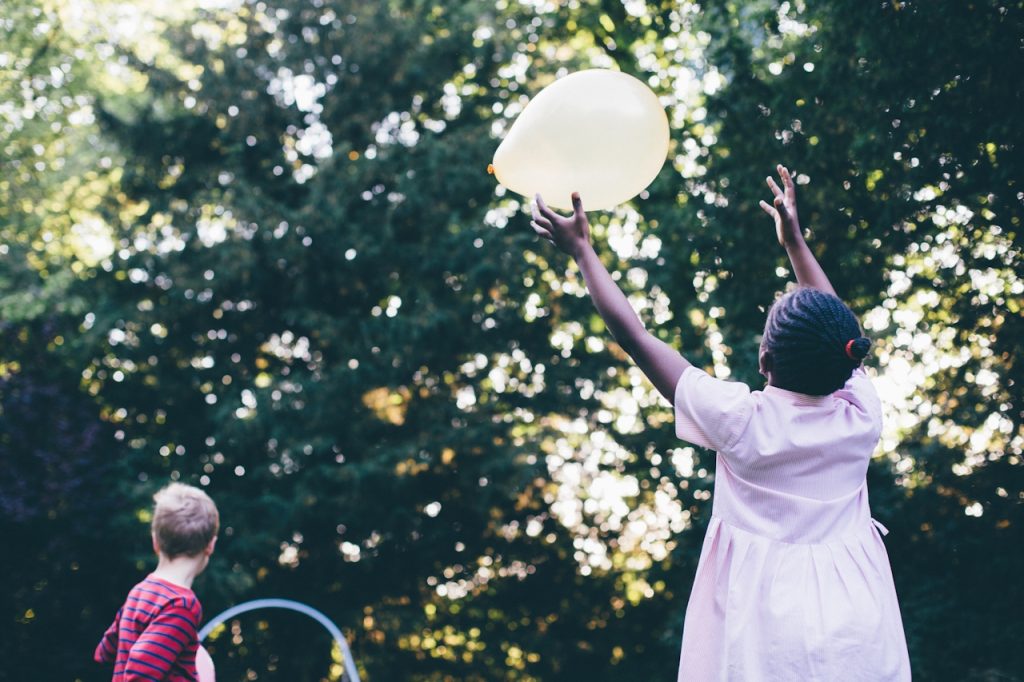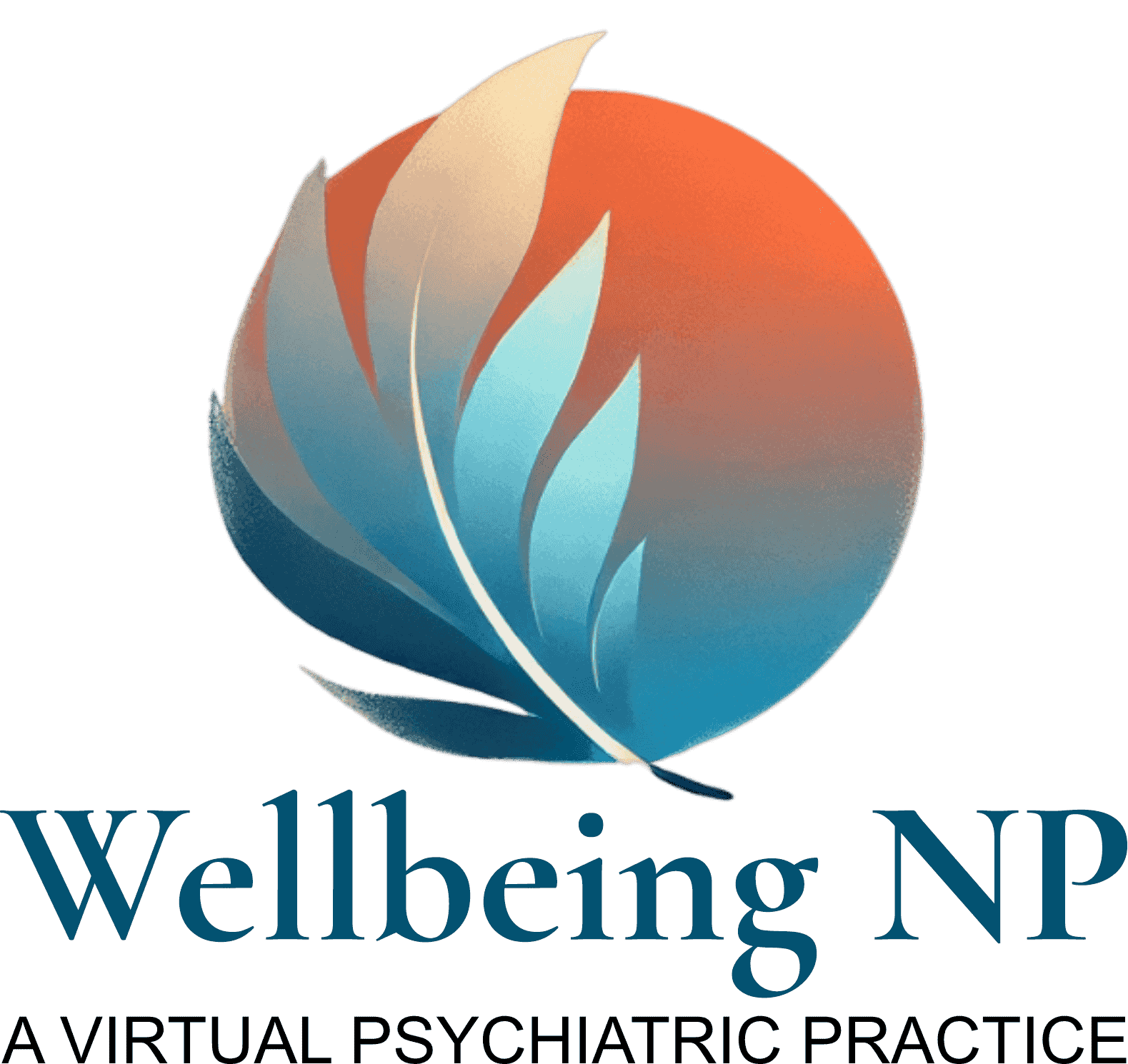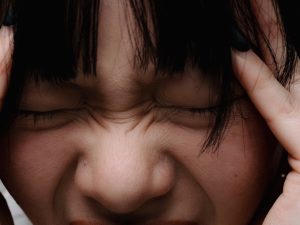
By Lindsay Fuson, FNP-C, PMHNP-BC | Wellbeing NP
As summer approaches, many families start wondering: “Should my child take a break from their ADHD medication?”The idea of a “medication holiday” — pausing stimulant meds during weekends, summers, or school breaks — has been around for decades. But like most things in mental health, the right answer isn’t one-size-fits-all. As a dual-certified psychiatric and family nurse practitioner — and someone with ADHD myself — I work closely with kids, teens, and families navigating this very question. So let’s unpack the pros, cons, and what to consider before making that decision this summer.
What Is a Medication Holiday?
A medication holiday refers to a planned break from ADHD medications, usually stimulants like Adderall, Ritalin, or Vyvanse. Since these meds work quickly and clear from the body within a day, they’re relatively easy to pause and restart — unlike long-acting psychiatric meds that require tapering. Most commonly, parents consider medication breaks during: summer vacation, weekends, camp or family travel, or when appetite or growth concerns arise. But the decision isn’t just about school being “out.” ADHD is still there — just operating without guardrails.
✅ Potential Benefits of a Medication Holiday
1. Appetite and Growth Catch-Up
Stimulants often suppress appetite, which can impact growth. Summer may allow kids to eat more freely and regain lost weight or energy.
2. Getting to Know Their “Baseline”
Some families use this time to better understand how much of their child’s challenges are ADHD, and what’s behavioral, situational, or emotional. This can be helpful in refining treatment plans.
3. More Playful, Expressive Energy
Some kids feel more emotionally “alive” off medication. When school pressure lifts, so do social expectations, giving space for creativity, spontaneity, and full-volume personality.
4. Possibly Preventing Tolerance
Though not universal, some believe medication holidays help prevent tolerance, especially after long periods on high doses.
❌ Downsides to Consider
1. Less Structure = More Struggles
Unstructured time doesn’t make ADHD easier — it often amplifies symptoms like impulsivity, emotional reactivity, task initiation issues, and peer friction. Even with school out, summer includes camps, sports, family plans — and those still require focus and self-regulation.
2. Rebound Effects
Some kids experience rebound symptoms when coming off stimulants: mood swings, irritability, restlessness, sleep disruptions. It’s not harmful, but it can be hard on kids (and families) during a time that’s supposed to be fun.
3. Risk of Emotional Regression
For some kids, the tools they’ve built through meds (like managing frustration or staying organized) fall apart during breaks. This can damage self-esteem or increase anxiety, especially if they feel “bad” or “out of control” without understanding why.
Real Talk: Summer Me Is Still a Thing
I’ll be honest: I love summer. Always have. As a kid, it meant mac and cheese straight from the Tupperware, chlorine-tinted hair, push pops, and staying up way too late watching I Love Lucy reruns — because yes, I’ve always been an old soul. And even now, as a working adult with a year-round schedule, I feel it. That first hot, humid breeze in May hits different. It’s like something in my brain lights up and screams freedom! I get an inexplicable sense of optimism, as if the world is suddenly full of possibility. I come alive in summer. And when school starts again? Even though I’m not the one going? I feel that pit in my stomach. That creeping sadness like something magical is shutting down. I say this because a lot of ADHD brains — kids and adults — run on that seasonal energy. We’re tuned into rhythm and novelty and possibility. But that doesn’t mean our symptoms disappear with the school bell. Sometimes summer is freeing. Sometimes it’s chaos. Often, it’s both.
Questions to Ask Before Taking a Break
Is your child experiencing side effects that might improve with a break?
Are they asking for a break — and can they explain why?
Will their summer involve activities where focus and regulation matter (camp, sports, travel)?
Do you have routines or supports in place if medication is paused?
Will taking a break make the return to school easier or harder?
Also worth noting: many ADHDers (especially teens) have naturally delayed sleep cycles. Taking a med break can increase late-night wakefulness, which makes back-to-school mornings feel like jet lag.
What I Recommend Clinically
Talk with your child’s provider before making a change. We may recommend a reduced dose during summer, weekend-only breaks, strategic dosing on certain activity days, or continuing current treatment if things are working well. Summer is not a free-for-all. It’s a shift — and your treatment can shift too.
Final Thoughts
Medication holidays aren’t bad. But they’re not neutral either. ADHD doesn’t vanish in summer — it just trades the classroom for the pool, the soccer field, and the sibling squabbles. If your child thrives on medication, consider how a break might affect their mood, relationships, and daily functioning. If they’re struggling with side effects, let’s find a plan that honors both their body and their brain.
📅 Want to chat about summer meds, dosing tweaks, or school prep?
Book a visit at wellbeingnp.com — telehealth for Georgia families, insurance + self-pay options available.
Let’s make summer feel like freedom — not failure.








